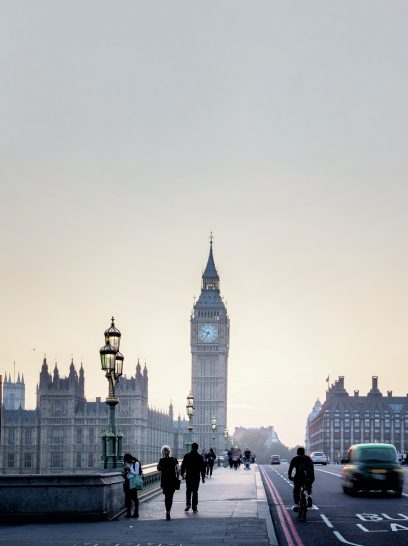
Most developed countries spend a significant fraction of their budget on supporting childcare. Yet in the UK this has not always been the case. During the 1980s and 1990s, young children were mainly thought of as the private responsibility of their parents, and little public investment was made in their early care and education. Since then, policy has dramatically changed, and public spending on childcare almost doubled to 1.1% of gross domestic product (GDP) between 1998 and 2009.
Today, almost 90% of working families in the UK with pre-school children use some form of childcare outside of parental care. State-run nurseries, private nurseries and child minders all provide formal childcare. A large proportion of parents also rely on informal care provided by grandparents, siblings, friends and neighbours. Many choose a combination of formal and informal care for their children.
Your organisation does not have access to this article.
Sign up today to give your students the edge they need to achieve their best grades with subject expertise
Subscribe




